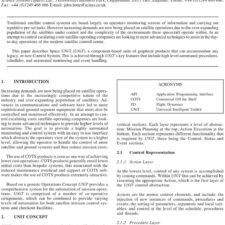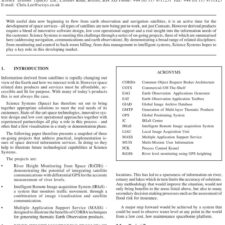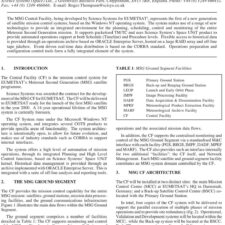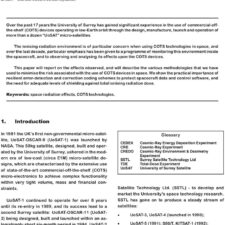Resilience Engineering in Critical Long Term Aerospace Software Systems: A New Approach to Spacecraft Software Safety
£5.00
D. A. Dulo (2014), JBIS, 67, pp.150-158
Refcode: 2014.67.150
Keywords: Software, Software engineering, Resilience, Reliability, Safety, Failure obviation, Software fragility
Abstract:
Safety critical software systems permeate spacecraft, and in a long term venture like a starship would be pervasive in every system of the spacecraft. Yet software failure today continues to plague both the systems and the organizations that develop them resulting in the loss of life, time, money, and valuable system platforms. A starship cannot afford this type of software failure in long journeys away from home. A single software failure could have catastrophic results for the spaceship and the crew onboard. This paper will offer a new approach to developing safe reliable software systems through focusing not on the traditional safety/reliability engineering paradigms but rather by focusing on a new paradigm: Resilience and Failure Obviation Engineering. The foremost objective of this approach is the obviation of failure, coupled with the ability of a software system to prevent or adapt to complex changing conditions in real time as a safety valve should failure occur to ensure safe system continuity. Through this approach, safety is ensured through foresight to anticipate failure and to adapt to risk in real time before failure occurs. In a starship, this type of software engineering is vital. Through software developed in a resilient manner, a starship would have reduced or eliminated software failure, and would have the ability to rapidly adapt should a software system become unstable or unsafe. As a result, long term software safety, reliability, and resilience would be present for a successful long term starship mission.





